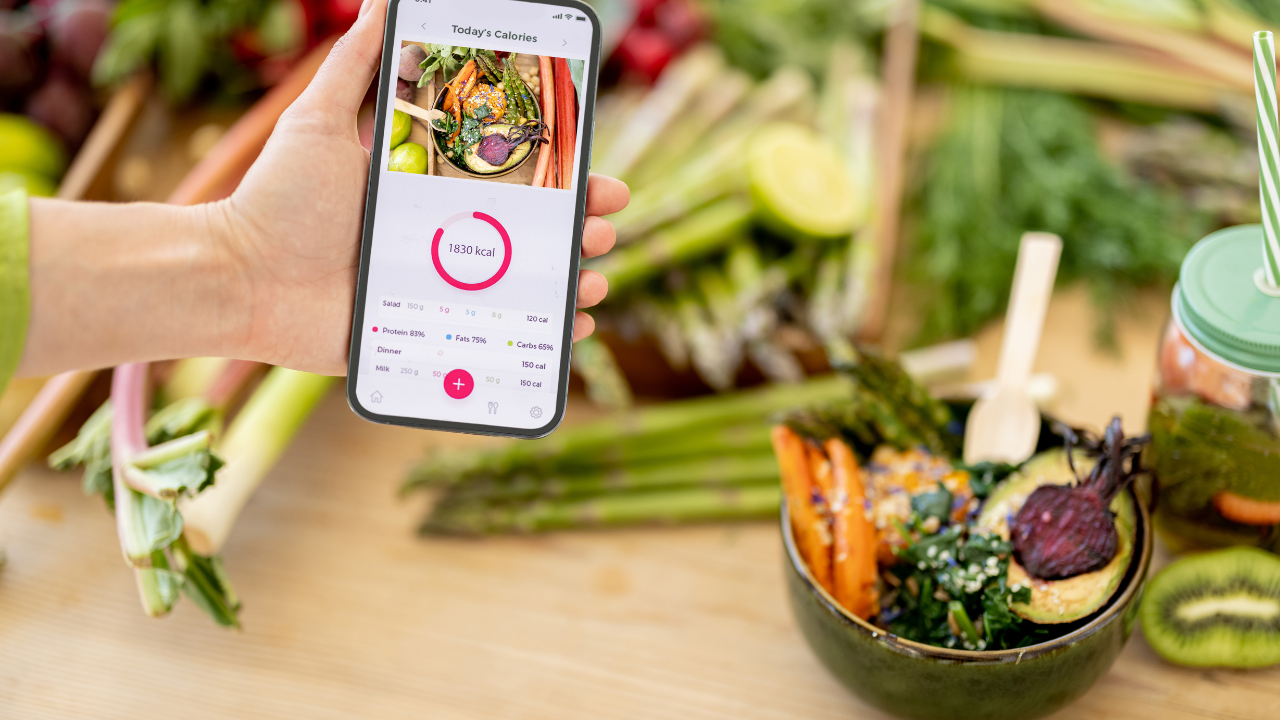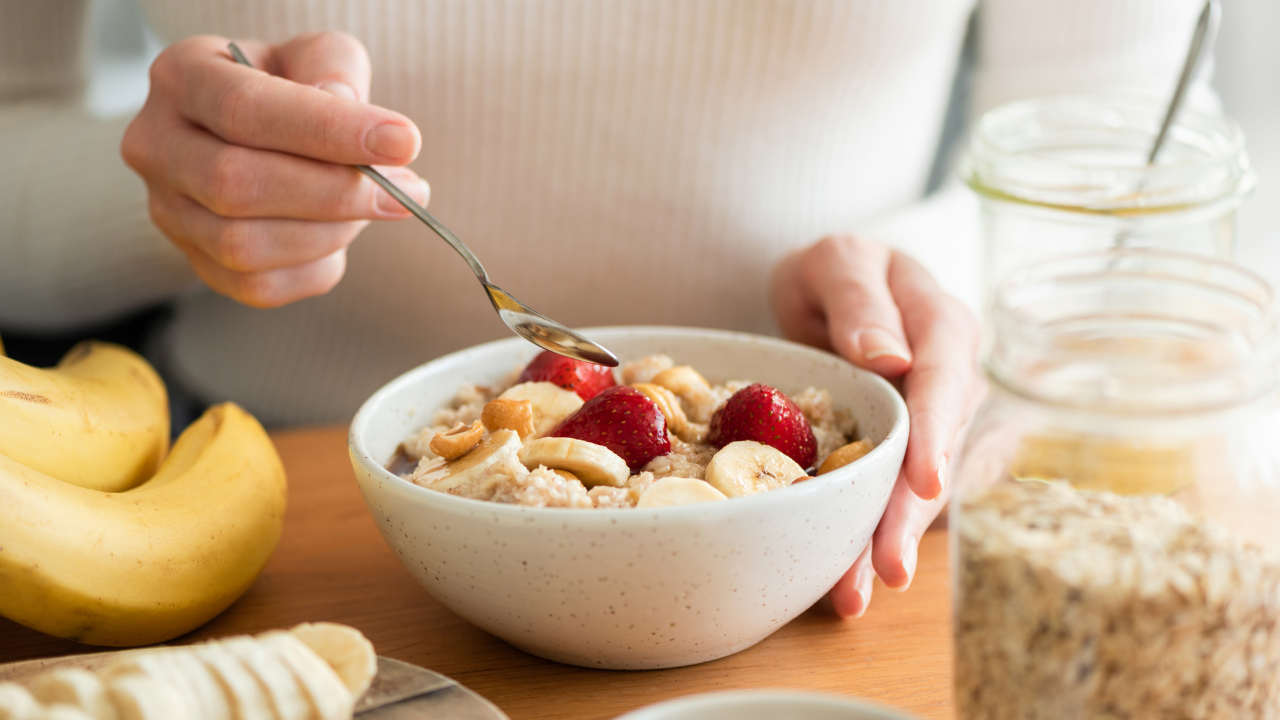Nutrition over Numbers: Dietitian's Thoughts on Macros and Calorie Counting
In honour of national nutrition month, I wanted to write a post about a topic I frequently talk about with my clients and colleagues…. the concept of food “tracking” - aka counting calories or macros. For those that aren’t familiar, it refers to hitting a target number of calories and macros (grams of proteins, carbs and fat) each day which usually involves tracking through an app (such as MyFitnessPal) or some form of spreadsheet.
Often times the clients I have want to take things further – to fine-tune their nutrition in order reach more specific health, body composition and performance goals. Which is GREAT. But what I see all too often is that clients want to hop onto the macro tracking wagon before laying a solid foundation with their food choices. More often than not, this leads to failure. Why? Because they tend to get too caught up in logging in every last gram of fat or protein or carbs to satisfy their percentage goals for that day, while forgetting about the true purpose of our food – nourishment.
The focus shifts from the quality of foods to the quantity. Rather than choosing a food based on its nutrition density (fiber content, vitamins, minerals), the focus becomes on the numbers game. I find this tends to lead to an obsession of what’s in the food, rather than how that food might satisfy them mentally as well as physically. As a result, eating becomes more of a chore rather than an enjoyment.
I also see it lead to a lack of variety in food choices, because a client has found a day of eating to finally satisfy their macro and calorie guidelines, but then has a hard time moving outside of those food options for fear of losing the “balance”.
Think of how hard healthy eating already is (yes, I’m a dietitian and even I admit it takes some work!). Making the time for weekly meal prep, grocery shopping, finding recipes that taste good, planning your meals and snacks… Then, add to that list making sure that you have tracked every last bite of food? Now that can get exhausting. Not to mention it can take the joy out of eating our food.
Additionally, tracking can lead to a restriction of healthy, nutritious foods. There are many foods that are high in calories and certain macros, but are still healthy foods! I’ve had clients avoiding bananas because they were too high in carbs and sugars - but forgetting that bananas are an awesome source of natural electrolytes like potassium and easy to digest carbs that make a great post-training replenishment for hungry muscles. A banana also contains a healthy dose of fiber (3g), magnesium, Vitamin B6, vitamin C and trace minerals like manganese and copper.
Don’t get me wrong, there are definitely times when tracking might be useful. For clients struggling to see performance gains or even having recurrent injuries, it can help us assess where they are at in terms of nutrition and help us see what we need to increase or decrease.
Tracking can also function as a learning tool; some clients use it for a period of time to learn which foods have more of a certain macronutrient, such as protein, and it helps them understand which foods they need to include more or less of in their day. For some, they aren’t ready to rely on intuitive eating to make sure their having right amount foods to support their goals, and that’s okay.
The bottom line here is that tracking calories and macros should function as a guideline, NOT the focus. If it’s something you’re considering, then I suggest working with a dietitian who can put you on a program to make sure you are meeting enough for your energy needs (based on holistic factors like lean body mass, sleep quality, stress, genetic factors & medical conditions).
We can also help you stage the process, and give you some nutrition goals to work on outside of those calorie guidelines. What happens when you reach your goal weight? What if your training program changes? What if you are more active one day and much less the next? Your needs will likely change and your tracking app isn’t going to take this into consideration.
What’s more, we can help you transition from using tracking as a way to set the foundation, to moving towards an approach that’s more intuitive while still focusing on the enjoyment of food AND the overall quality.
Nutrition over numbers. Don’t forget what food is there for – enjoyment and pleasure, in addition to fuel, and nourishment.
For more gut-friendly and fitness meal planning tips, be sure to follow along with me on instagram at leighmerotto_rd.
P.S. Want a step by step guide to meals that help you optimize your metabolism, build muscle and lose body fat with nutrient dense foods and delicious recipes?
Check out my meal prep plan collection - handpicked recipes with grocery list to optimize your metabolism & gut-health!






